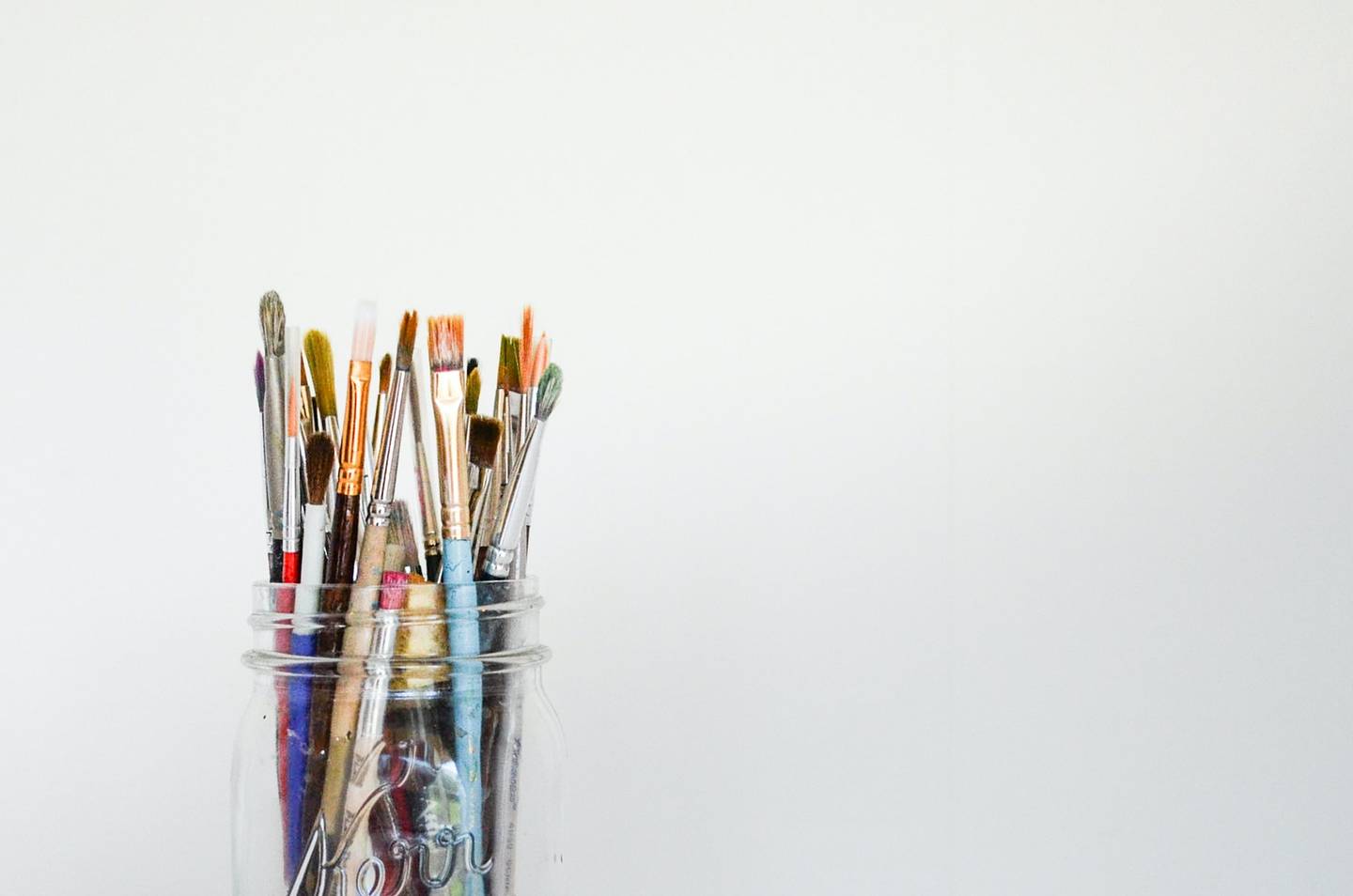Thank you for inviting me. I remember when I graduated back in 1983, I was very excited about getting my first commission. My degree was in Fine Art and I'd worked long and hard to get it. I was an enthusiastic student and I never found it difficult to find the incentive to paint. I think as a student you're pushed along by fellow students and tutors and the driving force is there.
However, when you leave college you find yourself saying things like 'I'll have one more cup of coffee and then I'll sit down to work'. I hate to admit it but I say it myself. Suddenly it isn't finding the inspiration or getting the right paper that's a problem, it's you.
In my view, there are a number of reasons why this happens. It's a real challenge making a decent living as a new artist ... you have to find a market for your work, often you work freelance and need to take samples or portfolios of your work from place to place ... these experiences are common to a lot of professional people ... but artists also have to bare their souls to the world in a way ... more than anything they want praise ... if people don't like what they create then it can be a very emotional and upsetting experience hearing them say this.
I began to realise that these problems were preventing me from having a career in art and so I decided to experiment. I was a painter but I started to dabble in illustration ... drawing pictures for books, cards ... and this offered me the opportunity to become more emotionally detached from my work. I was no longer producing images from the heart but developing images for a specified subject ... taking a more practical approach.
I began to develop a collection of my illustrations which I put into a portfolio and started to carry around with me to show prospective clients and employers. But it was still tricky because publishers, for example, want to know that your drawings will reproduce well in a book, but without having had any work published, it's hard to prove this.
Having a wonderful portfolio or collection of original artwork is, of course, a first step but what most potential clients would like to see is printed artwork and without this 'evidence' they tend to hold back still when it comes to offering a contract.
Well, I overcame this problem in two ways. And I suppose this is my advice to you on preparing your portfolio of your best work. The first way was by submitting my work for a competition, and the one I chose was for a horoscope design and was sponsored by a top women's magazine.
There are a few of these competitions each year and they offer new illustrators an opportunity to showcase their work. The other approach I took was to design and print some mock-up pages of a book. In other words, I placed some of my illustrations next to some text in order to demonstrate how my work would look when it was printed.
Perhaps I was lucky in that I had taken a degree that provided me with all-round creative skills so that I could vary my style and wasn't limited to a certain technique. I think that is important. The art world, and many other creative fields, do try to pigeon-hole people into snug boxes with an accompanying label. I think you should try to resist this if you feel it happening to you. If you don't, you'll find it difficult to have new work accepted if you try to develop your style at a later stage in your career.
Nevertheless, when you start out and particularly when you're going for an interview, it's important not to confuse people by having a lot of different examples in your portfolio. One remedy for this is to separate your work into distinct categories.
In my case, I did this by dividing my design-inspired illustrations from my paintings. It is then easier to analyse the market suited to each portfolio; such as magazines, book jackets, CD covers etc. Working under two names is also useful as it clarifies the different approaches and offers a distinction between them.
I think it's been hard for artists to be recognised in anything other than the pigeon-holes that they have been placed in. Luckily these barriers are slowly being demolished ...
 Mình cần nghe xem lúc đầu Rebecca chỉ ra rằng new graduates có thể gặp vấn đề gì
Mình cần nghe xem lúc đầu Rebecca chỉ ra rằng new graduates có thể gặp vấn đề gì  Nghe thấy ví dụ của speaker 'I'll have one more cup of coffee and then I'll sit down to work'
Nghe thấy ví dụ của speaker 'I'll have one more cup of coffee and then I'll sit down to work'  Nghe tiếp thấy "It isn't about finding the inspiration or getting the right paper that's a problem, it's you"
Nghe tiếp thấy "It isn't about finding the inspiration or getting the right paper that's a problem, it's you"


